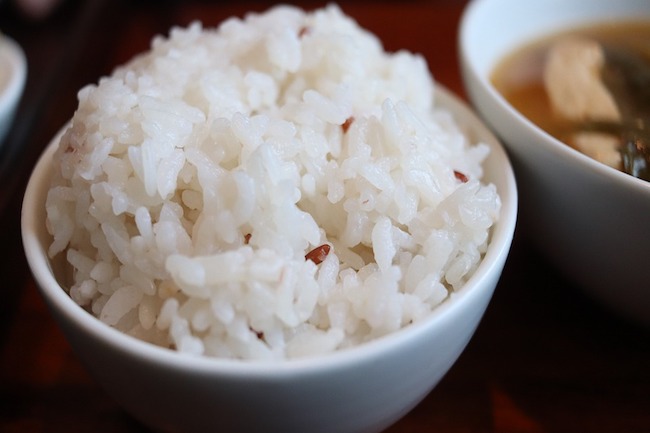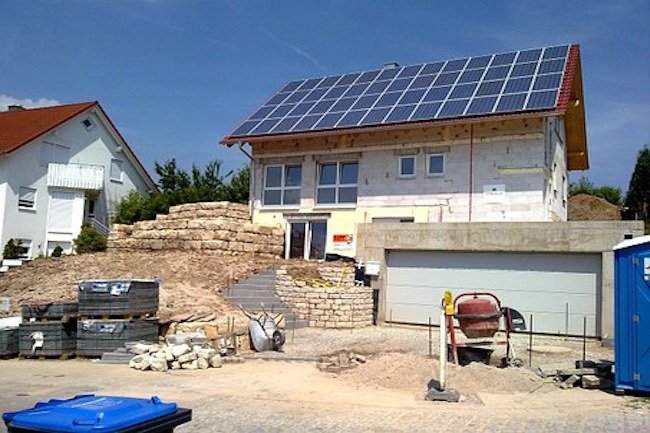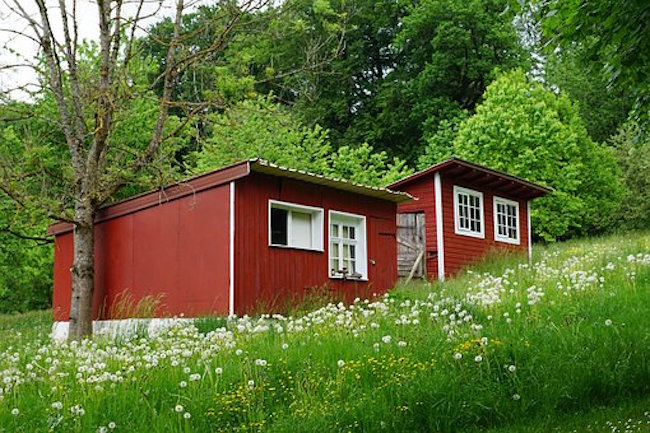Mental Health and the Pandemic: What Preppers Need to Know by Daisy Luther for The Organic Prepper
One side effect of the pandemic and subsequent restrictions isn’t physical or financial – it’s mental.
Last month, The Psychiatric Times published an article about the “mental health pandemic” that came along with COVID-19.
The health and financial costs of COVID-19 have resulted in widespread feelings of helplessness and overwhelming anxiety and despair in response to circumstances over which we have little or no control. Chronic exposure to severe stress in the absence of control among countless millions constitutes a perfect storm, with severe mental health consequences on a global scale, including increased rates of depressed mood, suicide, and posttraumatic stress disorder.
Individuals who were already struggling with mental illness before COVID-19 are now facing even greater challenges… Historically, increases in rates of severe mental illnesses have often followed in the aftermath of national crises. For example, during the decade of the Great Depression from 1929 to 1939, the suicide rate rose from 13.9 to 17.4 per 100,000. Traumatic memories of surviving years of hardship during the Great Depression resulted in high rates of anxiety and depressed mood for generations. Although economic downturns disproportionately affected the health and well-being of the lower income segment of the population, all socioeconomic groups are negatively impacted.
A second wave of the pandemic will be driven by intense feelings of anxiety and despair in a world that is no longer predictable and safe due to high rates of unemployment and homelessness coupled with traumatic memories of surviving one’s own brush with COVID-19 or the death of a partner, parent, or loved one. (source)
Mental health issues have not be handled well in the best of times in the United States (here’s a pill for that), and this certainly isn’t the best of times. People have self-reported significant increases in feelings of depression, anxiety, and hopelessness. Certain groups are having a more difficult time than others: healthcare workers, mothers, college students, and pregnant women are struggling to deal with uncertainty, fear, and loss. Alcohol sales have skyrocketed and social isolation has been linked to an increase in suicidal behaviors.
Support Our Site

Now is your chance to support Gospel News Network.
We love helping others and believe that’s one of the reasons we are chosen as Ambassadors of the Kingdom, to serve God’s children. We look to the Greatest Commandment as our Powering force.
Others who are suffering are people who are at higher risk of a bad outcome if they get COVID. The elderly and those who have chronic health conditions, in particular, are dealing with stress and isolation. Their loved ones are staying away to keep them safe, but perhaps the loneliness is just as dangerous in another way. I’ve got friends who have relatives in nursing homes who haven’t been able to see family members for six months, and those patients are declining fast without the love and presence of their family members.
Were preppers ready for this?
Even among those of us who are prepared for interruptions in our day to day lives, the effect on mental health has been something many didn’t expect.
I’ve written a bit about the emotional aspects of the pandemic. I wrote an article about how, even though I’d planned for this and prepared for it, it still felt somewhat unreal to me. I also wrote about how the uncertainty of the situation was taking a toll on members of my family and my friends. The comments on both of these articles told me I was not alone in the way I felt.
Mental health, however, was the one aspect many preppers weren’t quite ready for: how do you help someone accept that the life they had planned is no longer an option, at least not now? How do you help someone accept the fact that the world will never go “back to normal?”
At the same time, there are many people in the preparedness and survival world who are dealing with the pandemic by denouncing it as a fraud or a hoax.
It could be that the government response was inappropriate, but being angry about it doesn’t change it. Just because preppers didn’t get the apocalypse they’d planned for doesn’t mean that this situation is not life-altering. We still have to cope with a whole new set of rules and norms or risk financial – or even criminal – repercussions. You can rage on the internet all you want, but it doesn’t change these facts:
- Masks, and whether or not you agree to wear them have become a symbol that is almost tribal in nature.
- There are many businesses and public buildings you cannot enter without a mask. (Walmart and McDonalds have recently announced this requirement)
- Workplaces may require masks, gloves, temperature checks, and other measures for employees.
- Travel outside the United States is greatly restricted.
- Air travel has changed dramatically.
- Millions of jobs have been lost and are never coming back.
- The supply chain is devastated.
- Schools are reopening in ways that are unrecognizable.
- Nursing homes and hospitals are not allowing visitors and loved ones are dying alone.
All of these changes are difficult for just about anyone, and particularly so for those who disbelieve the seriousness of the virus. I recently spoke to a person in her 80s who said, “It feels like they’re taking away my whole life.”




